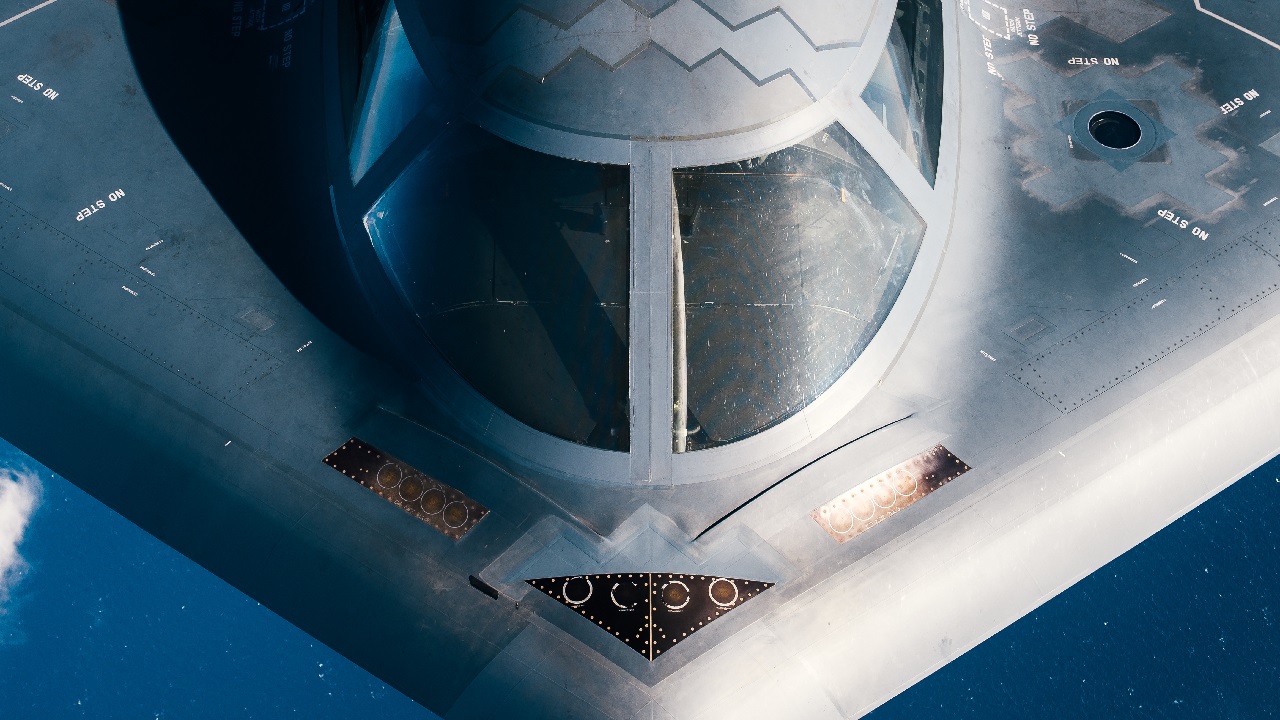In late February, the International Atomic Energy Agency confirmed that Iran has enriched uranium to a level just shy of weapons-grade. Senior U.S. officials explained that developments place the regime just 12 days away from developing a nuclear bomb. U.S. ambassador to the IAEA Laura Holgate noted that “no other country in the world today utilizes uranium enriched to 60 percent for the purpose Iran claims,” and yet Tehran insists it is “unfairly targeted by others.”
The regime has never budged from its claim that its nuclear pursuits are for civilian or scientific purposes only. However, Iran’s pursuit of the nuclear threshold includes a ramp-up in production of nuclear materials and an expansion of its ballistic-missile arsenal. Now that Tehran is just days away from achieving nuclear breakout, instability and a series of escalatory actions will inevitably sweep the Middle East.
Iran’s Bomb Timeline
While campaigning, U.S. President Joe Biden was eager to reinstate the 2015 Joint Comprehensive Plan of Action, constantly pledging that, “We will not allow Iran to acquire a nuclear weapon.” The Obama-era deal signed by Iran, the U.S. and other world powers provided sanctions relief to the regime in exchange for certain curtailments to its nuclear program.
The deal’s backers believed that it could reduce the risks for conflict between Tehran and its regional adversaries, including Israel and Saudi Arabia. In 2018, then-President Donald Trump withdrew the U.S. from the JCPOA, citing Iran’s frequent violations and refusal to comply with the deal’s requirements. Additionally, many opponents to the JCPOA claimed that the deal would only restrain the regime’s nuclear efforts for a short period of time. The deal’s so-called sunset clauses allowed for the expiry of restrictions placed on many essential nuclear components, including centrifuges and low-enriched uranium.
Since the U.S. withdrew from the JCPOA, Iran has continued to escalate its nuclear-related activities. Iran now has reportedly enriched uranium at one nuclear site up to 83%, extremely close to the 90% enrichment level necessary to produce weapons-grade material. In addition to the regime’s nuclear efforts, Iran-backed militants continue to launch consistent attacks targeting U.S. assets across the Middle East. Despite this, “The administration’s position remains that a diplomatic deal to put constraints around Iran’s program remains the best alternative to prevent Iran from getting a nuclear weapon,” according to Undersecretary of Defense for Policy Colin Kahl.
Regional Conflagration
Regardless of the White House’s intent, Iran is inching toward becoming a nuclear state. When this inevitably occurs, conflict will erupt. Israel’s Begin Doctrine instructs the government to preventively strike and use counter-proliferation strategy to prevent its enemies from possessing the weapons of mass destruction. The Jewish state would strike Iran, probably over a span of weeks, targeting all nuclear-related facilities and assets in the Middle East.
Iran would undoubtedly direct its regional proxies to retaliate with cross-border attacks, and warfare would flare up across the region. At the same time, Saudi Arabia would likely work to develop its own nuclear efforts, or even turn to Pakistan to request nuclear assistance. Perhaps most significant, the U.S. would be deemed as incompetent, as its decades-long attempt to prevent Iran from acquiring a nuclear weapon would be a complete failure.
Maya Carlin is a Senior Editor with 19FortyFive. She is also an analyst with the Center for Security Policy and a former Anna Sobol Levy Fellow at IDC Herzliya in Israel. She has by-lines in many publications, including The National Interest, Jerusalem Post, and Times of Israel.

